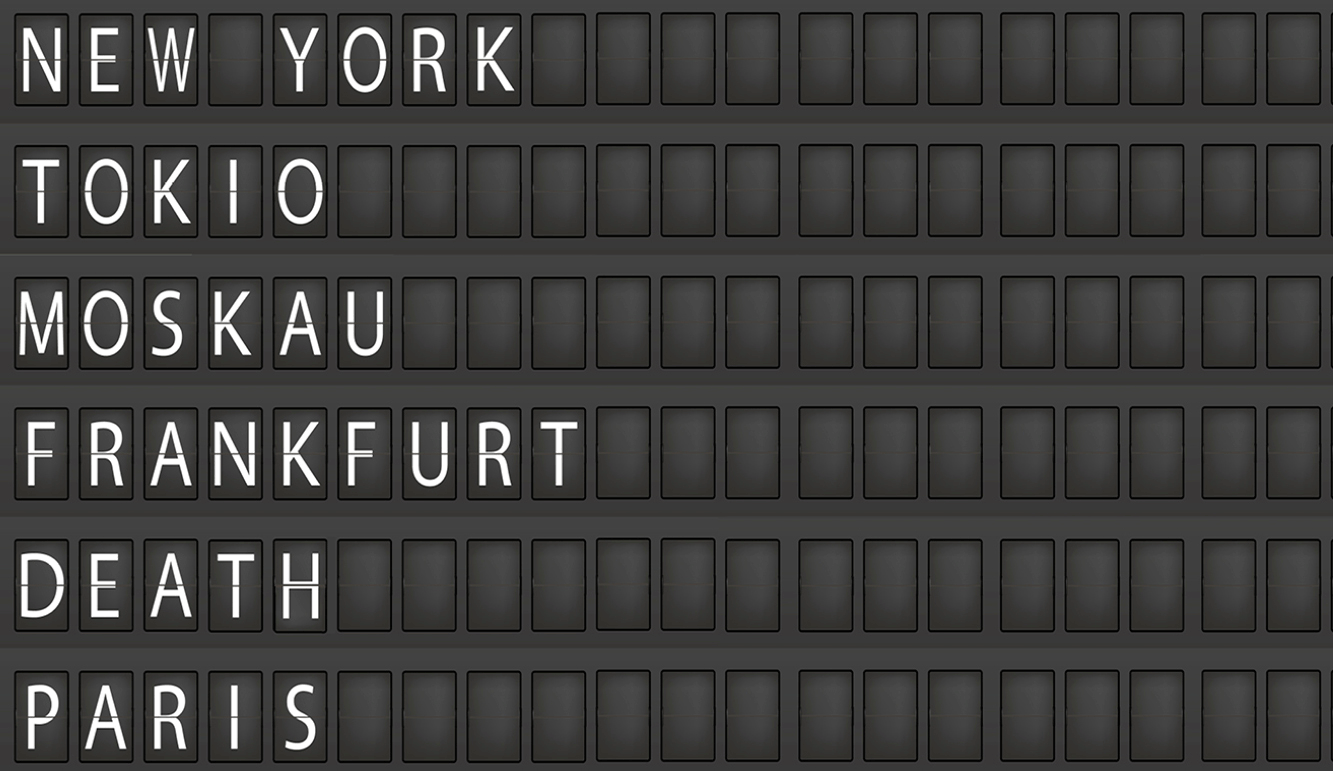
Terror lingers in Switzerland
A convicted jihadist changed his name and made new friends. There was more to this than meets the eye. The level of danger remained unchanged.
It was 2021. Islamic State (IS) had officially been defeated.
But its ideology lived on. Abdullah* was making sure of that.
Abdullah was arrested in 2014. He was the head of an Islamist cell in Switzerland. He had been planning an attack, spreading propaganda, and was a member of IS. This led the Office of the Attorney General to issue a heavy indictment against him. The Iraqi-born man was convicted in 2016 and served time in prison.
For fedpol it was clear that Abdullah still posed a threat to Switzerland’s internal security – even after his stint in prison. It was time to act. fedpol issued an expulsion order along with an unlimited entry ban. The plan was for Abdullah to leave the country he had planned to commit his terrorist attack on – never to return to Switzerland again.
Was Iraq the end of the line?
Not for Abdullah, it wasn’t.
Abdullah cannot be deported. But why not? Because of his devotion to IS. An expulsion order would put Abdullah in mortal danger – in Iraq, he could face torture or even the death sentence. Switzerland will not violate the non-refoulement principle.
No turning back
The non-refoulement principle is enshrined in Switzerland’s Constitution and in international law. It forbids returning a person to a country where they could face torture, inhuman or degrading treatment or punishment. The non-refoulement principle only applies if the person can provide sufficient evidence that they would be exposed to such risks in their destination country.
And so he stayed – and stayed a threat to Switzerland. He wanted to preach his ideology and gather like-minded people around him. That was how he met Albin*, a convicted Syria returnee from Winterthur. A like-minded person. Their joint meeting produced joint plans.
In late summer 2021, the jihadists from eastern Switzerland were busy networking. They attended a wedding together. The guest list included former members of the now closed An’Nur mosque.
They began to meet more frequently. Once, twice, three times. Albin was always in their midst. But there was no trace of Abdullah.
Appearances can be deceiving. Abdullah was now known as Isaiah*. He changed his name. He had new friends and a new name, but Isaiah was still as dangerous as ever.
National and international cooperation and the exchange of information – including with non-police authorities – are more important than ever to keep threats under control. That is why players in politics, the Federal Intelligence Service (FIS), the State Secretariat for Migration (SEM), fedpol and the Cantonal Police of Schaffhausen exchanged information with each other on the Abdullah case.
One question remained: What comes next?
One response by the Swiss population to dealing with dangerous persons was to adopt the Federal Act on Police Counterterrorism Measures (PCTA) and provide for the use of preventive measures.
Police Measures to Combat Terrorism (PMCT)
The PCTA makes it possible for the police to intervene before a crime is committed. With the new law, a person can be obliged to participate in interviews or to report regularly to an authority. They may also be prohibited from leaving Switzerland, contacting certain persons, or going certain places. As a last resort, the person can be placed under house arrest.
The PCTA’s goal is to contain threats – threats such as Abdullah – and to safeguard Switzerland’s security.
*Name changed for privacy reasons.